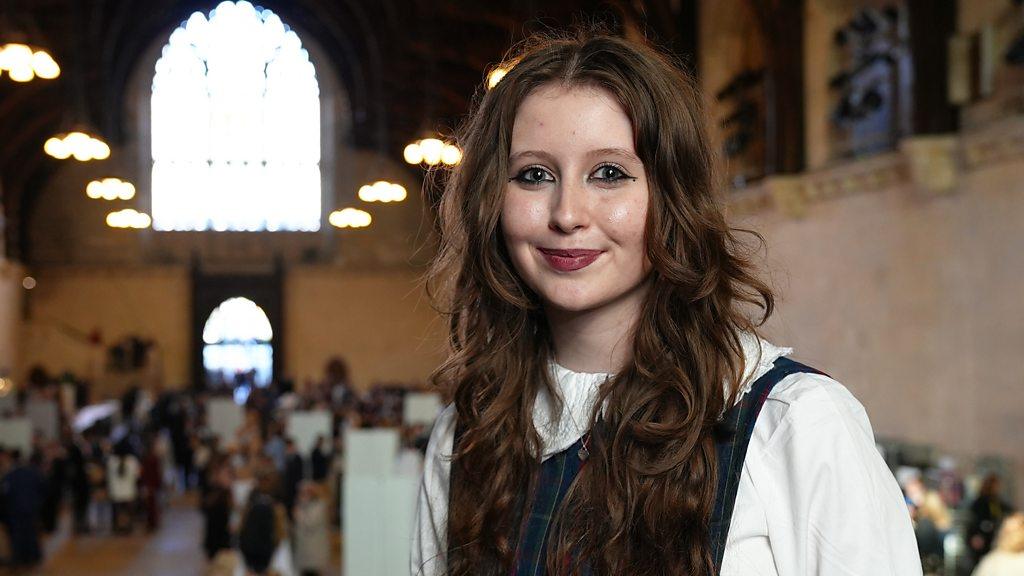'Digital activism has the power to influence politics'
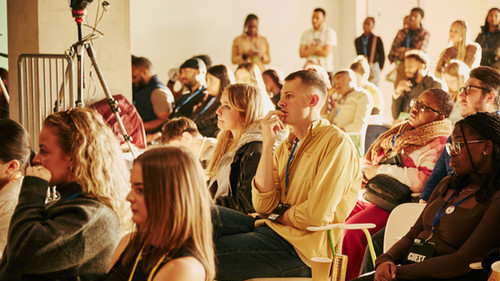
Some 700 young people came together in Hackney, united by their interest in politics
At a glance
About 700 young people attended the Next Gen Summit 2023 in Hackney, London
It was organised by non-partisan charity My Life My Say (MLMS)
Charity founder Mete Coban MBE says their aim is to increase youth engagement in politics
London mayor Sadiq Khan, climate activist Clover Hogan and social issues campaigner Kwajo Tweneboa were also in attendance
- Published
Young activists and influencers said digital activism had the "power to influence politics" as they came together to make their voices heard.
More than 700 young people attended the Next Gen Conference 2023 in Hackney, east London.
London mayor Sadiq Khan, climate activist Clover Hogan and social issues campaigner Kwajo Tweneboa were among those also in attendance.
My Life My Say (MLMS), the charity that organised the event, said an emphasis was placed on ensuring all youngsters vote in the next general election.
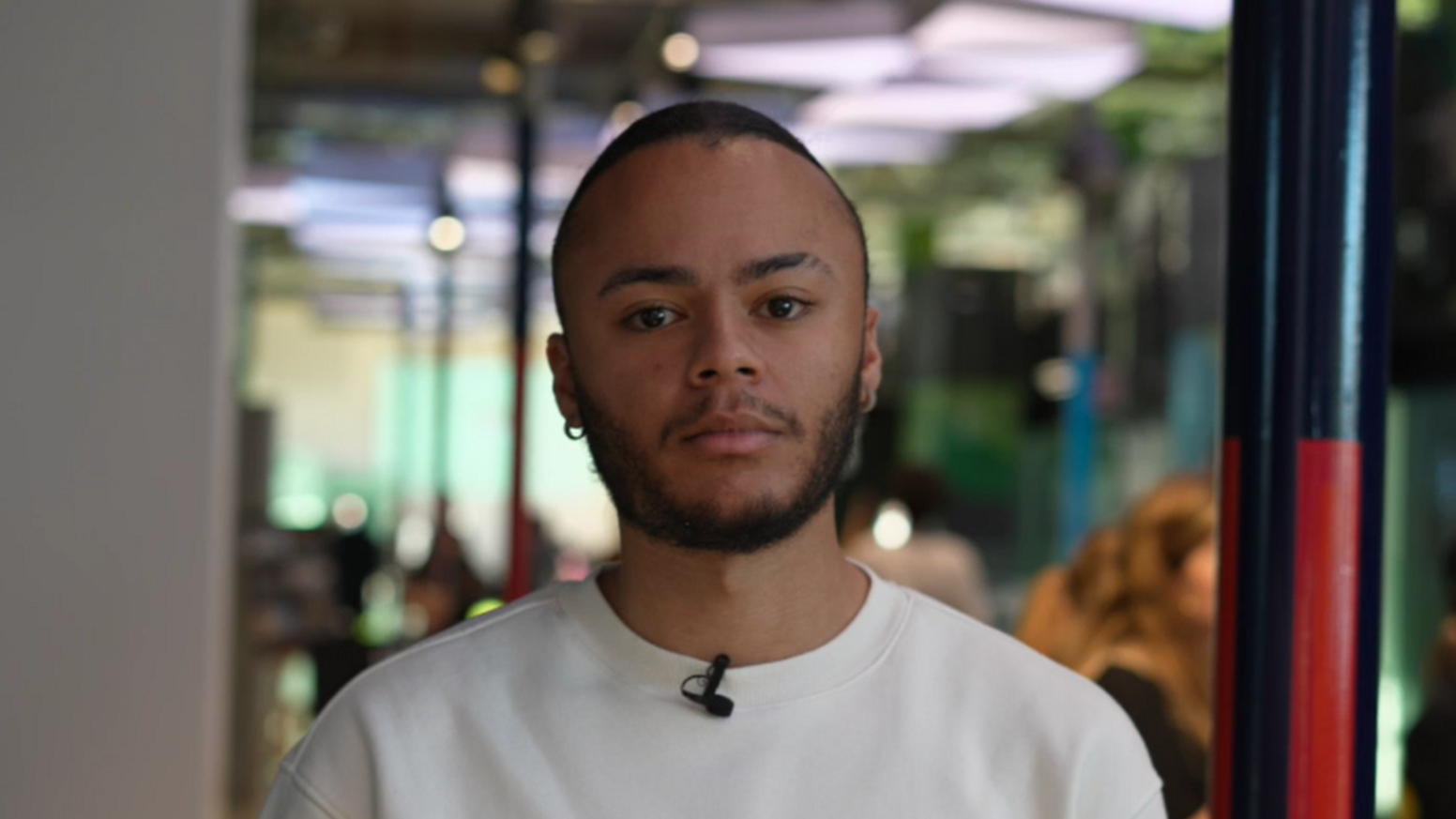
Social housing campaigner Kwajo Tweneboa said "clicktivism" helps people to "reach millions"
MLMS said the event also highlighted the use of social media by young people to voice their political opinions.
This is commonly known as "clicktivism", "slacktivism" or "digital activism".
Kwajo Tweneboa, 25, a social housing campaigner who was at the event, said: "Compared to traditional forms of activism or campaigning, digital activism allows you to reach millions of people.
"I definitely feel like digital activism has the power to influence politics."
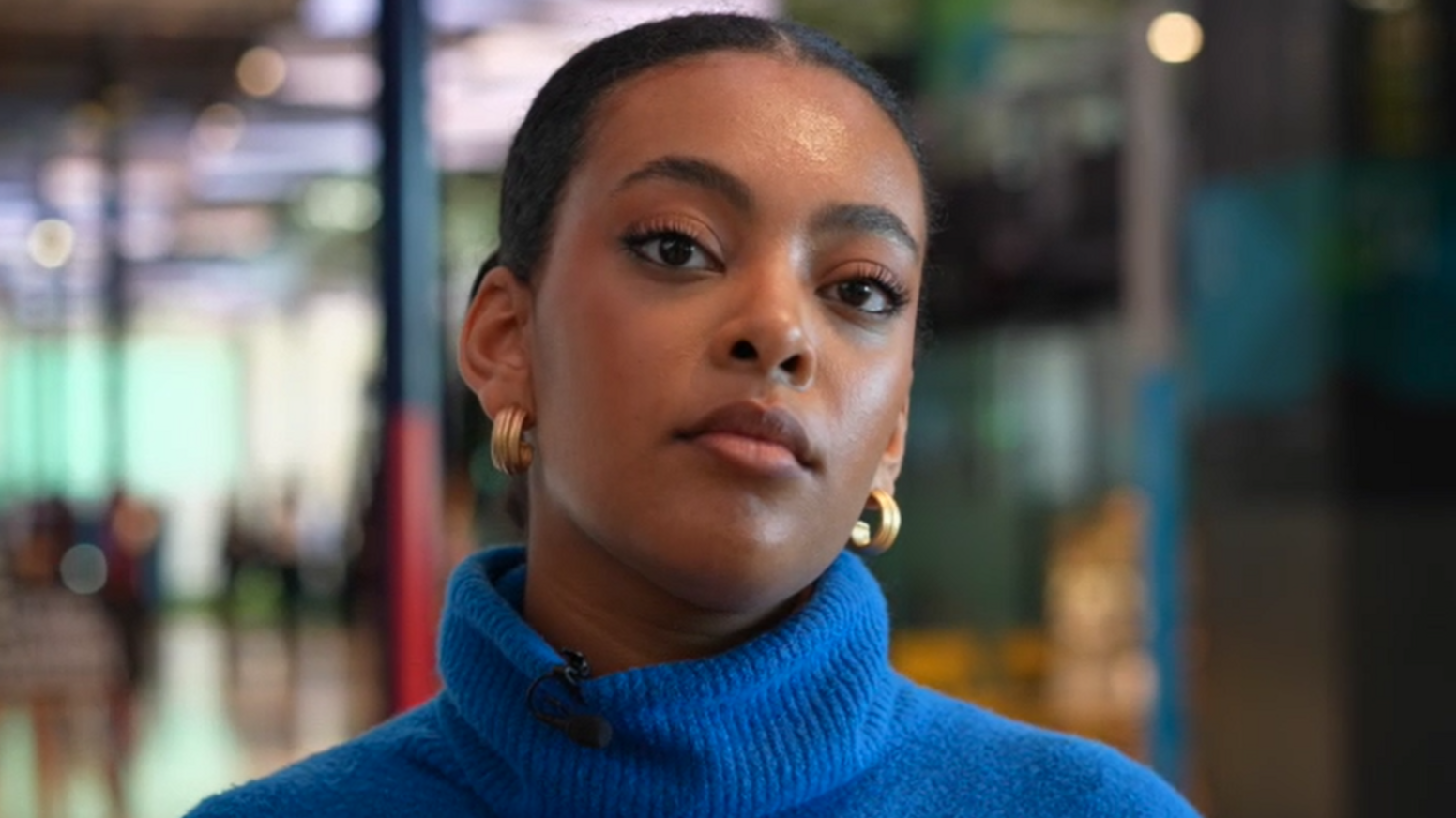
Christina Adane said digital activism was "important in democratising information around politics"
Christina Adane, 20, a social and food justice campaigner from London, who was at the event, said: "I think digital activism is definitely important in democratising information around politics and what’s going on in the news."
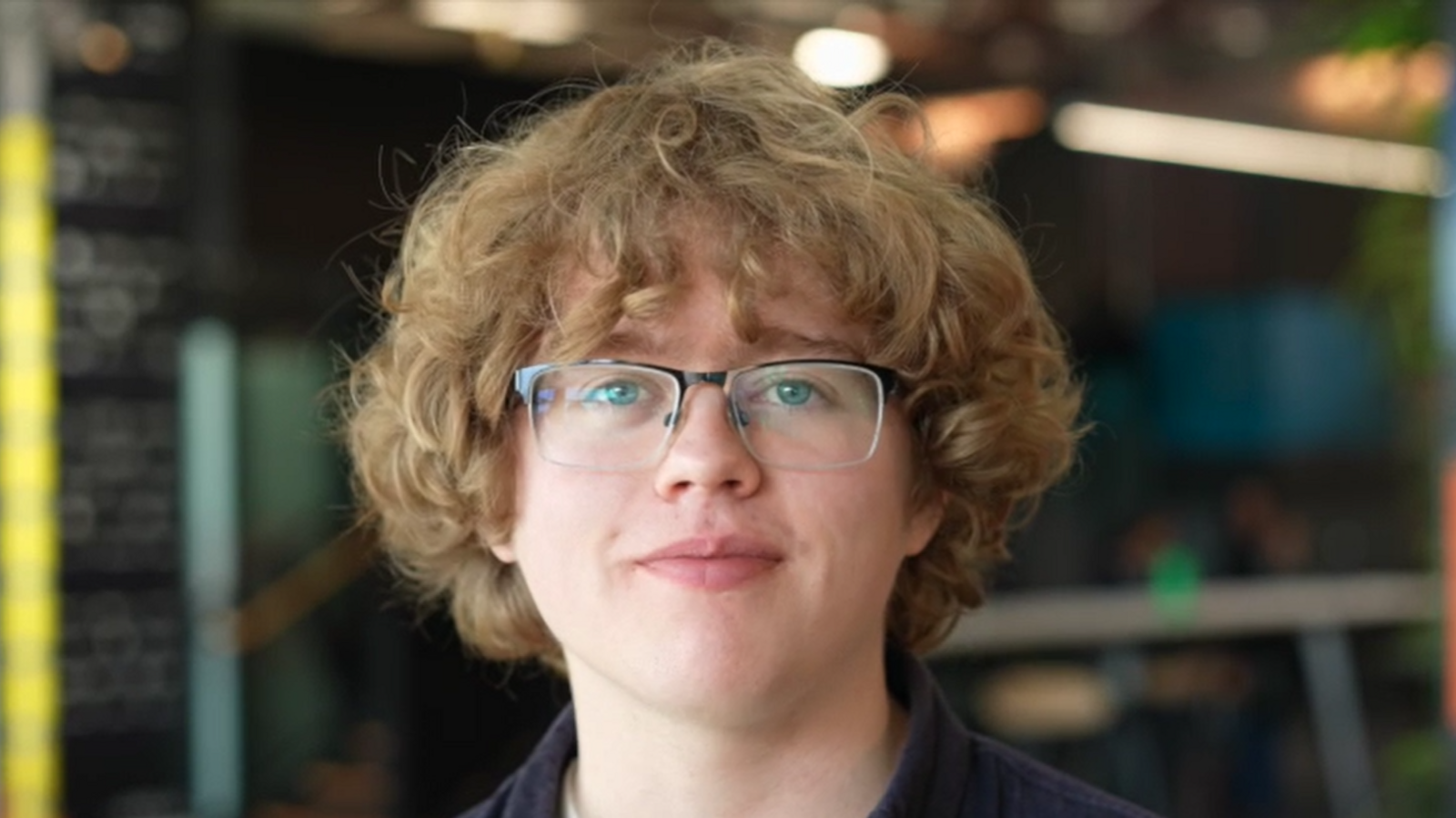
Activist Eddie Rose said "clicktivism" did not always translate into tangible political change
Also at the summit was Eddie Rose, 18, a climate justice, and human rights activist.
He said he found social media "scary" and that it often felt like you were shouting into a "void".
But, he said, "clicktivism" did "translate into tangible political change but not all the time".
"There’s two kinds of change we are looking at, political change and culture change," he said.
"Social media has been an incredible instrument in cultural change."
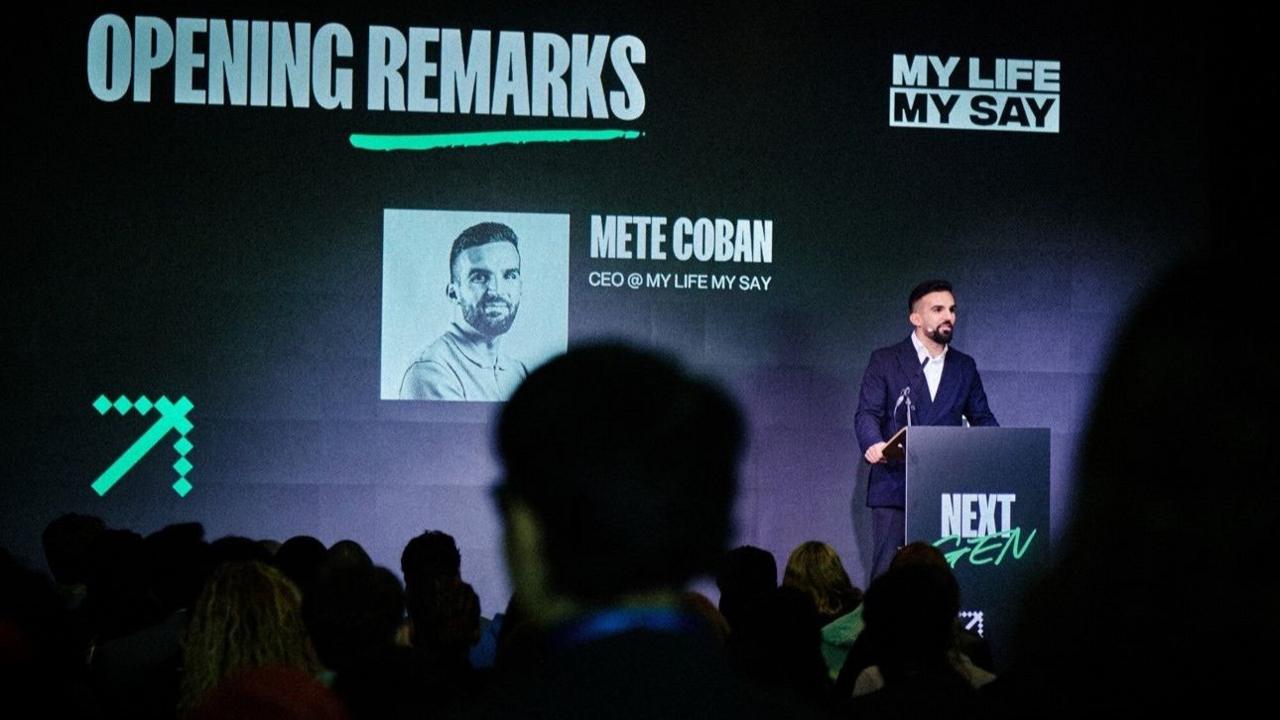
Mete Coban, who was appointed MBE in 2020, said his charity My Life My Say wanted to ensure young people voted in the next general election
MLMS founder and chief executive Mete Coban MBE said he created the organisation to assist young people in discussing political issues in their community, without needing to be attached to a political party.
"We are committed to fostering an environment where young voices are not only heard but also valued, ensuring that he future leaders of our nation feel a genuine sense of representation and trust in the democratic process," he said.
Last year a poll conducted by Ipsos, on behalf of Radio 1 and BBC Newsbeat, found 17% of 16 to 24 year olds believed "political parties care about young people".
The poll was based on 2,719 16 to 24 year olds.
Listen to the best of BBC Radio London on Sounds and follow BBC London on Facebook, external, X, external and Instagram, external. Send your story ideas to hello.bbclondon@bbc.co.uk, external
Related topics
- Published7 November 2023
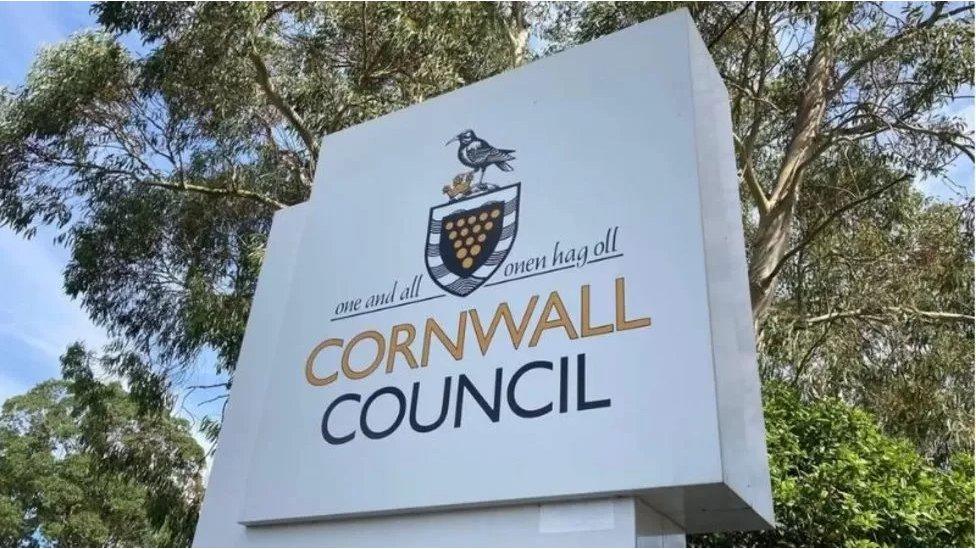
- Published4 November 2022
